
Cancer Network spoke with Dr. Shulin Li about his team’s research on the role of the FGL2 protein in glioblastoma immune evasion and tumor progression.

Your AI-Trained Oncology Knowledge Connection!


Cancer Network spoke with Dr. Shulin Li about his team’s research on the role of the FGL2 protein in glioblastoma immune evasion and tumor progression.

Among the updates are expanded treatment options, including a recently approved immunotherapy regimen for locally advanced or metastatic disease.

Updated prostate cancer guidelines reflect the importance of tumor genetic testing and genomically-informed disease management.

Experts shared the challenges they've encountered in integrating novel treatments such as CAR T-cell therapy into practice at the 2019 NCCN Annual Conference.

The revised version focuses on the first-line use of immunotherapy and the measurement of tumor cells expressing PD-L1.

Research published in Cancer evaluated whether colorectal cancers diagnosed in early adulthood differ from those diagnosed at older ages.

Cancer Network speaks with Peter Ruvolo, PhD, about his work investigating the role of microenvironments in cancer and treatment resistance.

Two new studies found that targeting the cyclin-dependent kinases 4/6 exposed a vulnerability in SMARCA4-deficient cancers.

A recent study identified a new biomarker in colorectal cancers that may assist in early detection of the disease.
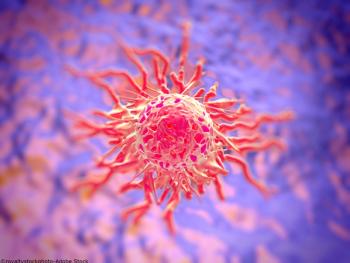
Cancer Network spoke with Curtis Pickering, PhD, about prognostic gene expression signatures for HPV-positive oropharyngeal and cervical cancers.

Cancer Network speaks with Dr. Pavel Sumazin about his ongoing efforts to further understand how lncRNA influence genes with known function in cancers.

Cancer Network speaks with Eduardo Eyras, PhD about the emerging roles of RNA splicing variants in cancer treatment.
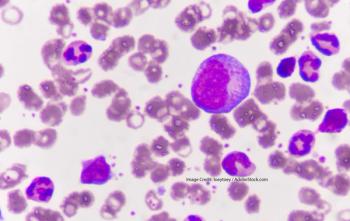
A study shows sequential monitoring of the WT1 mRNA is of value for the early detection of hematologic relapse in patients with AML in remission.
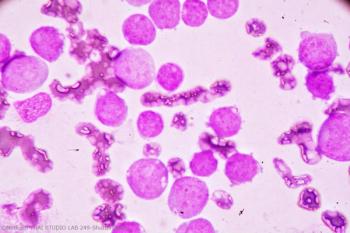
Azacitidine may delay or prevent relapse among patients with MRD-positive acute myeloid leukemia or myelodysplastic syndrome.

Guy Ben-Betzalel, MD spoke with Cancer Network about the emerging role of targeted BRAF+MEK inhibition in antitumor immunity.

Professor Lana E. Kandalaft, PharmD, PhD spoke with Cancer Network about the next generation of cancer immunotherapy.

Professor Han Liang speaks with Cancer Network about the ubiquitin pathway and its role in cancer research.

Guang Peng, MD, PhD spoke to Cancer Network about the recent discovery that mTORC1 can help determine cell fate after DNA damage.
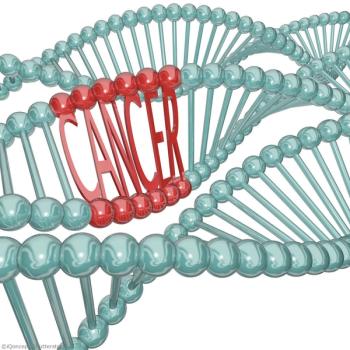
A study shows gene variants of uncertain significance are frequently reclassified, necessitating amended test result reports.

The FDA authorized the first next-generation sequencing test to detect minimal residual disease in blood cancers.

Nanotechnological strategies are making preclinical strides toward more effective, less toxic, immunotherapies.

A study shows TRK gene fusions in hematologic cancers may respond to larotrectinib.

A study finds EWSR1-ETS in 42% of cases via complex, loop-like rearrangements, rather than by simple reciprocal translocations.
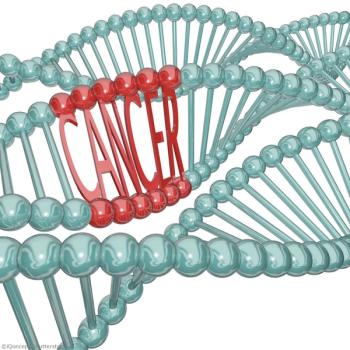
A study shows significant association between MTHFR C677T polymorphisms and risk of oral squamous cell carcinoma.
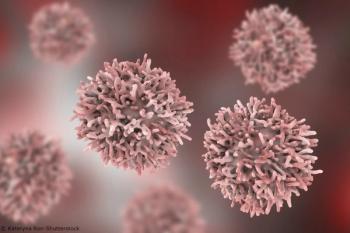
A study shows that receipt of radioactive iodine after reoperation may not be associated with improved outcomes.

Study shows that ctDNA levels measured by targeted deep sequencing sensitively indicate the presence of cancer.

A study shows that LKB1 deficiency in T cells increases gastrointestinal polyposis development.

The steep increase in thyroid cancer diagnosis has not been mirrored by increasing mortality rates and is likely due to widespread overdiagnosis of small neoplasms.

Brazilian researchers say their study results “suggest the overall DNA methylation profile may be influenced by the histological subtype of thyroid cancer.”
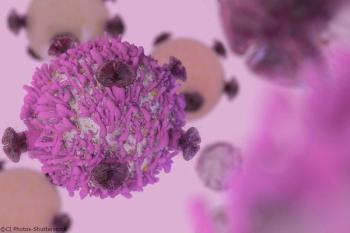
Tumor microenvironments can induce T-cell senescence and exhaustion; Yangqiu Li et al highlight ways to reverse these states and improve immunotherapeutic efficacy.